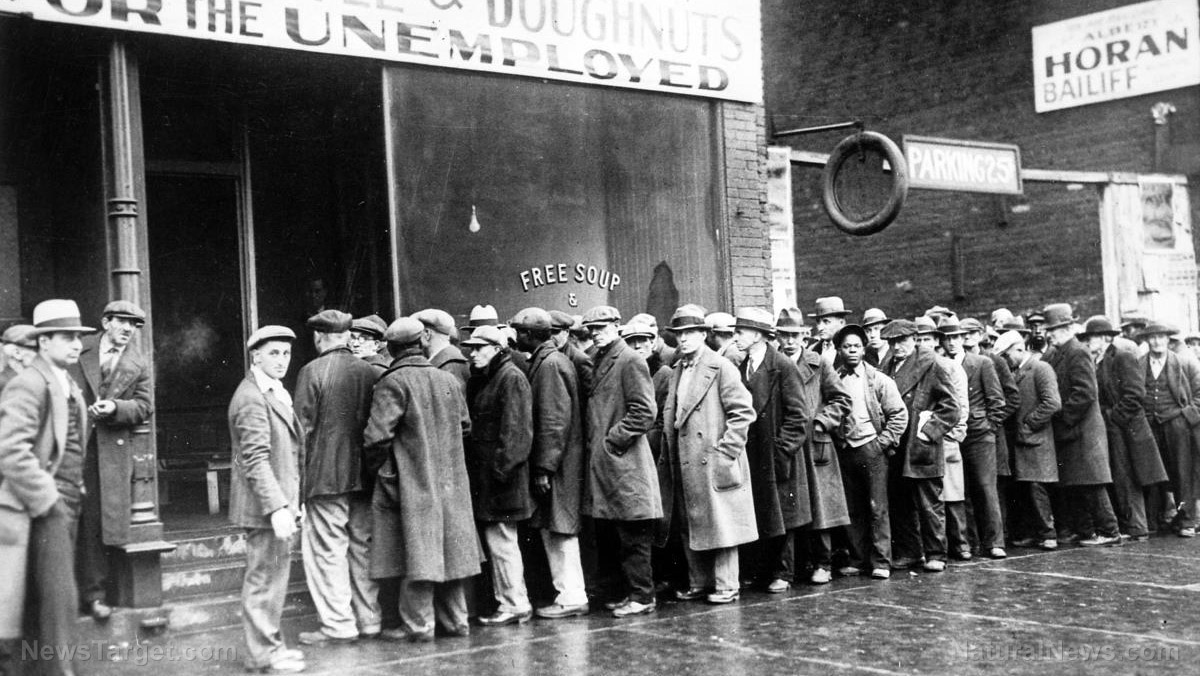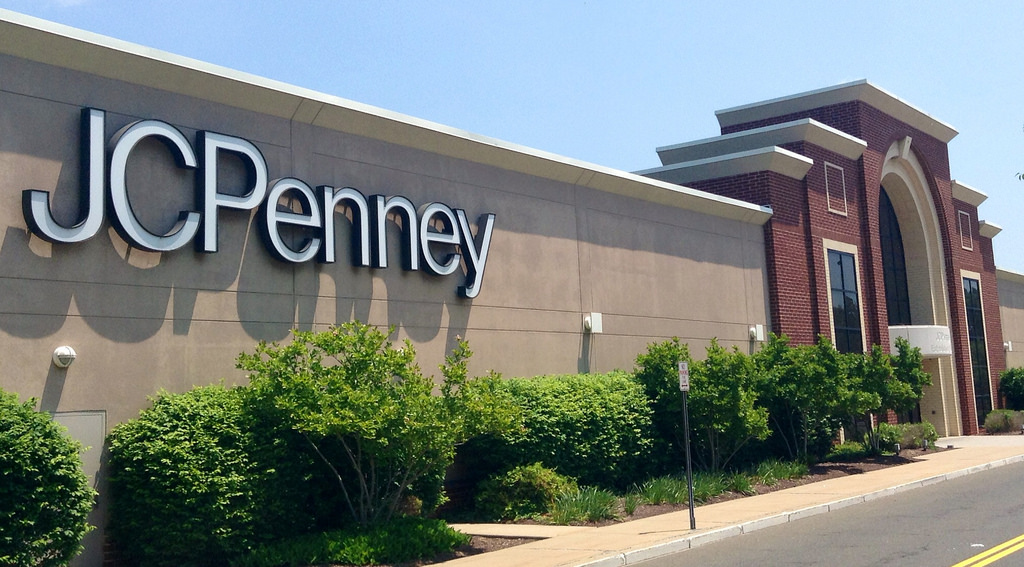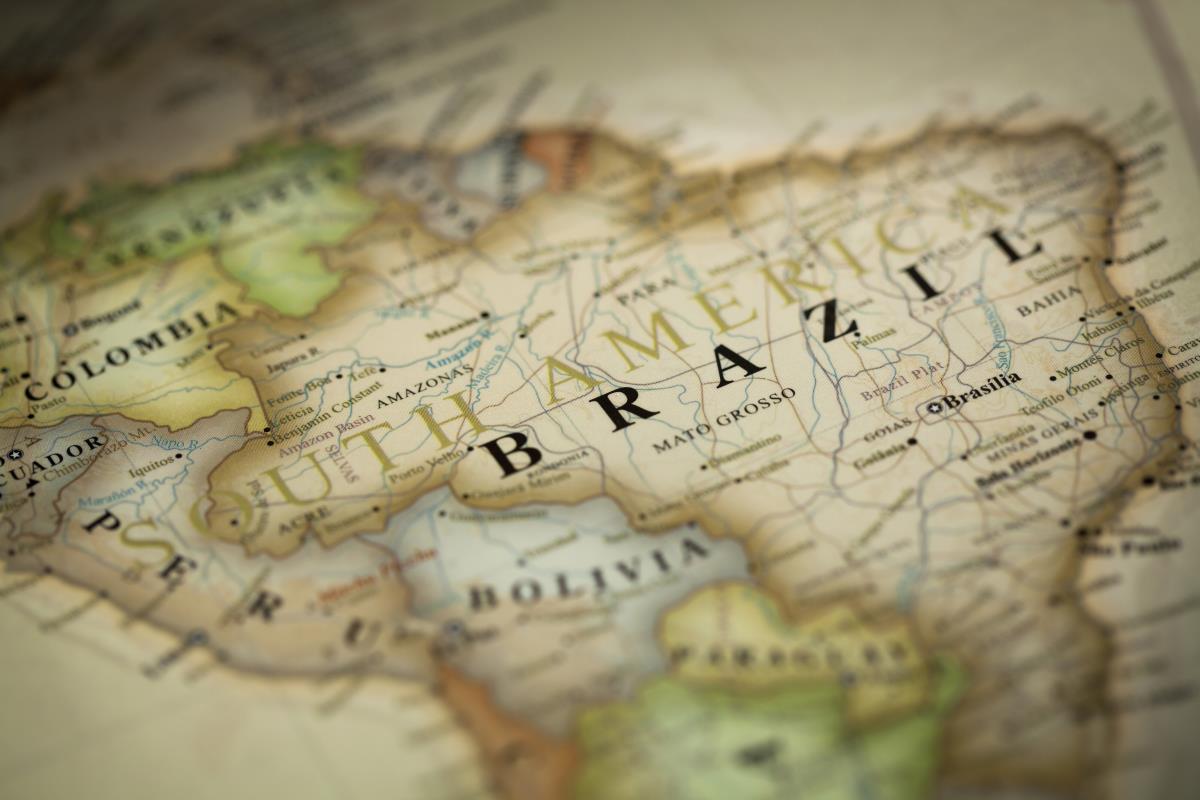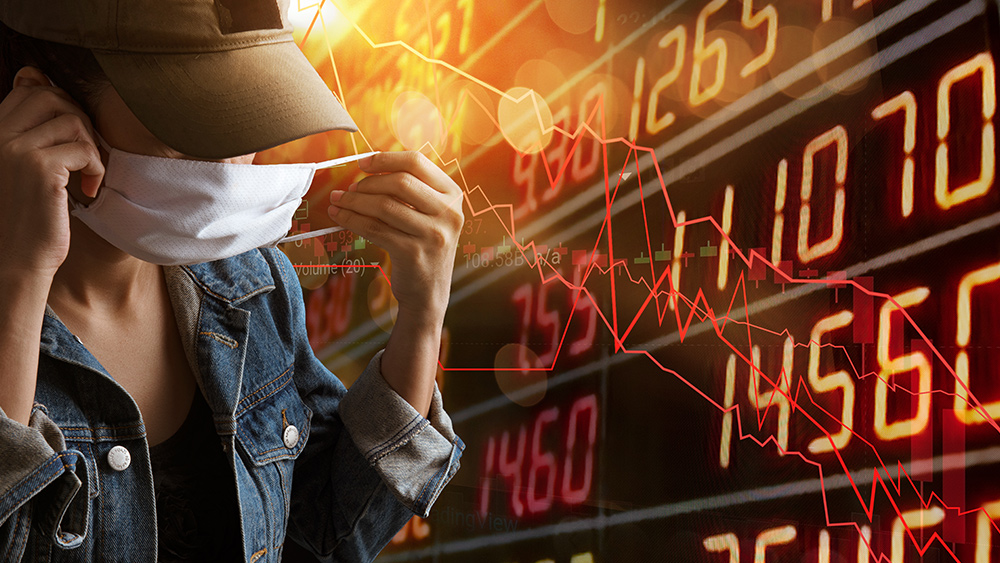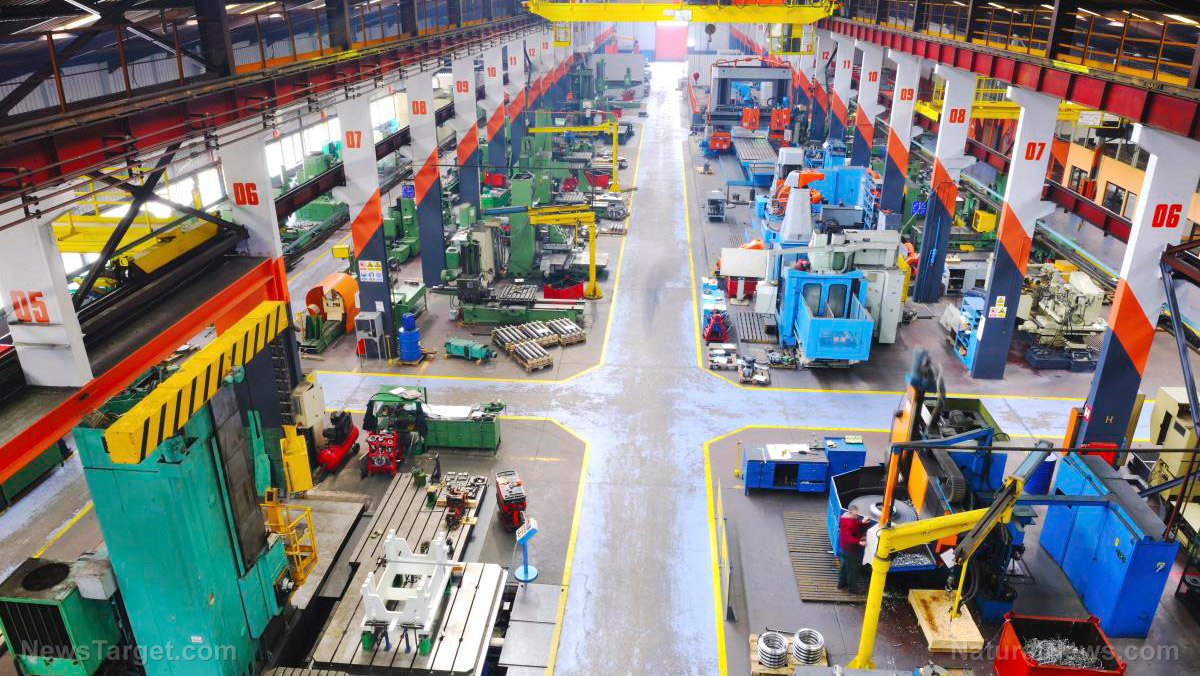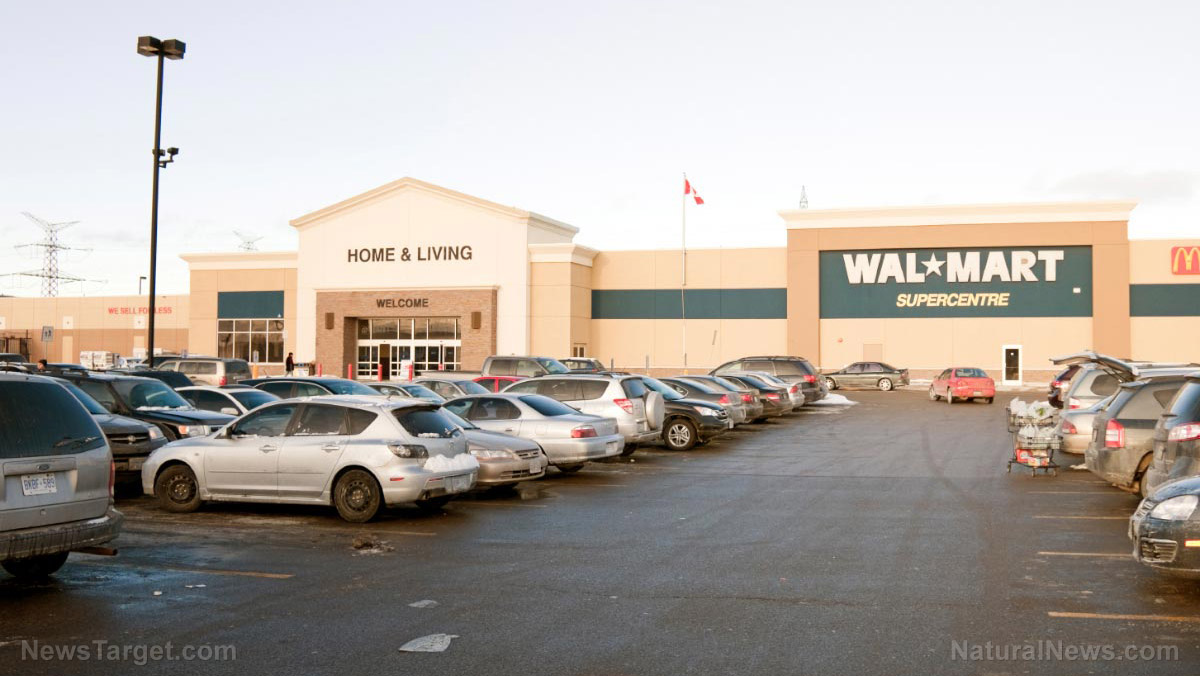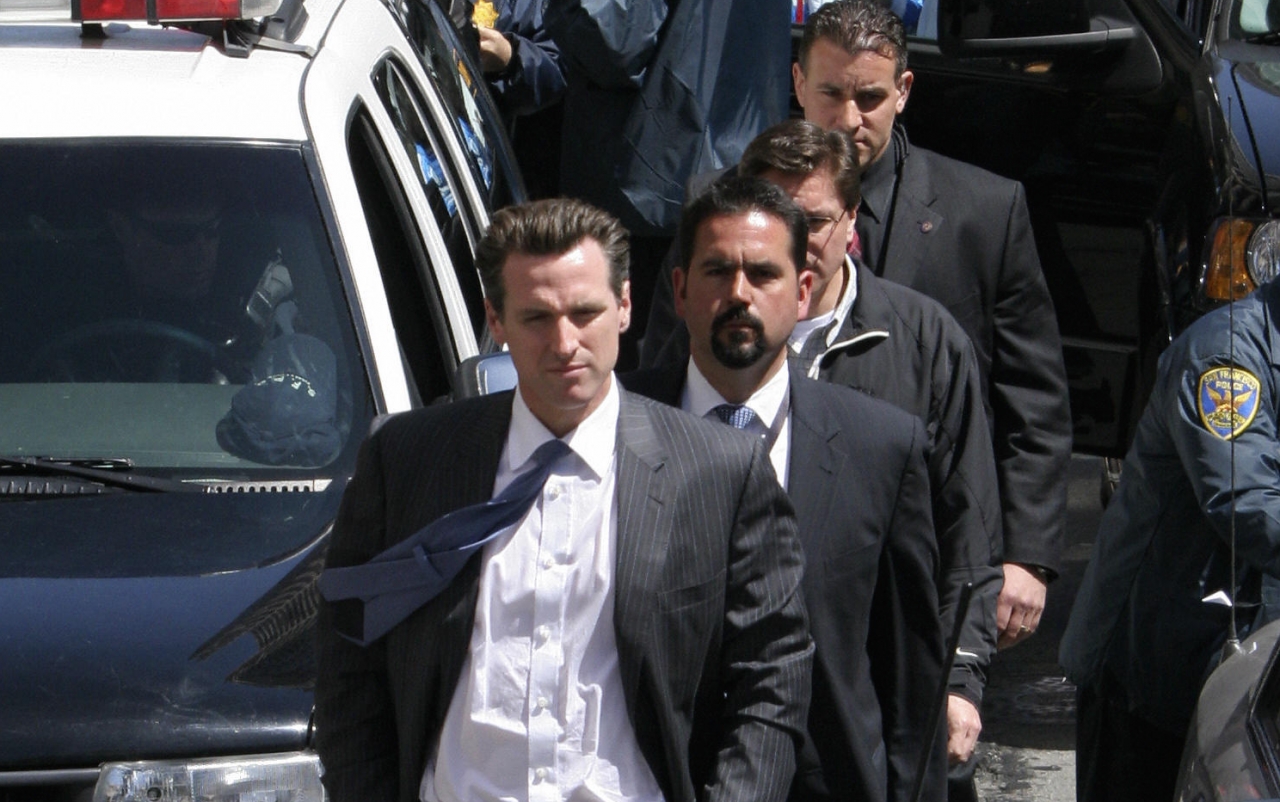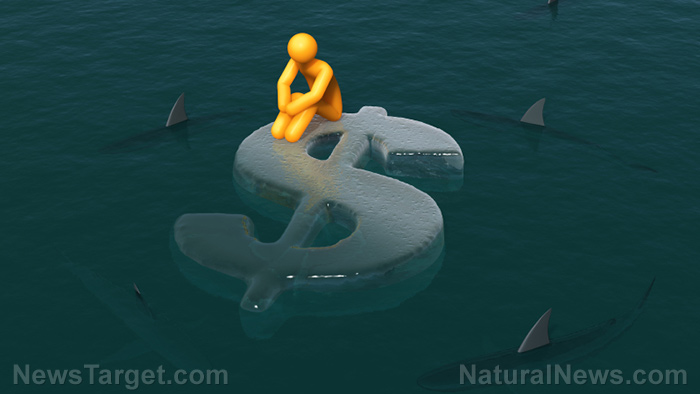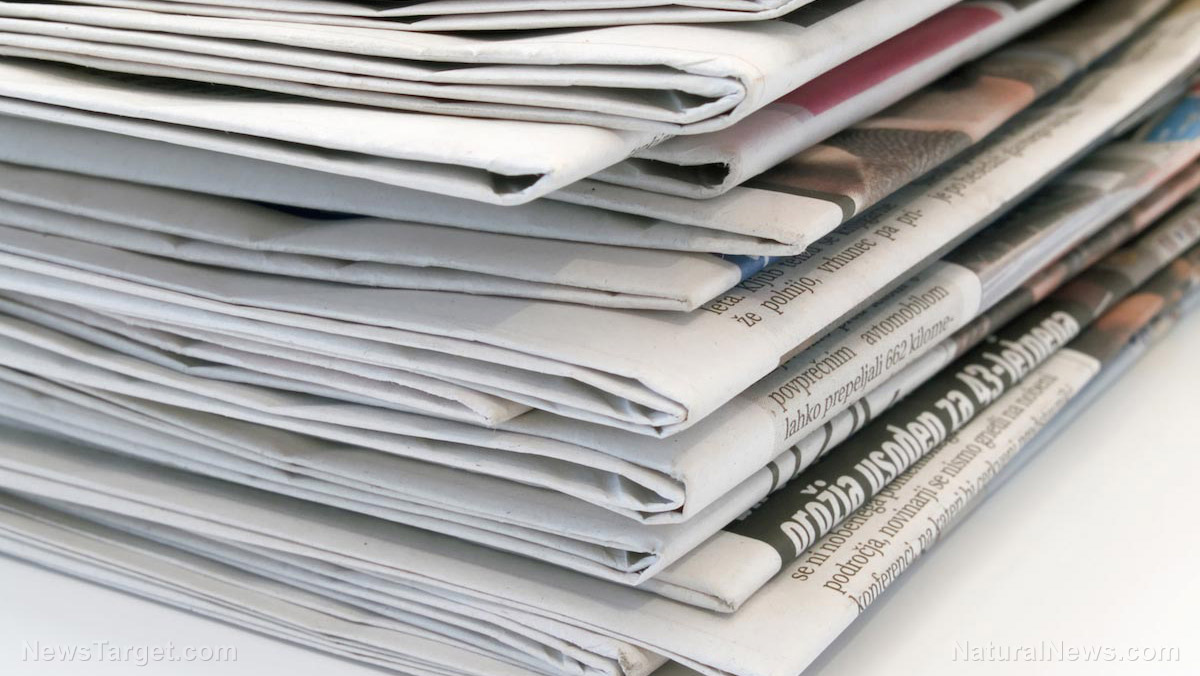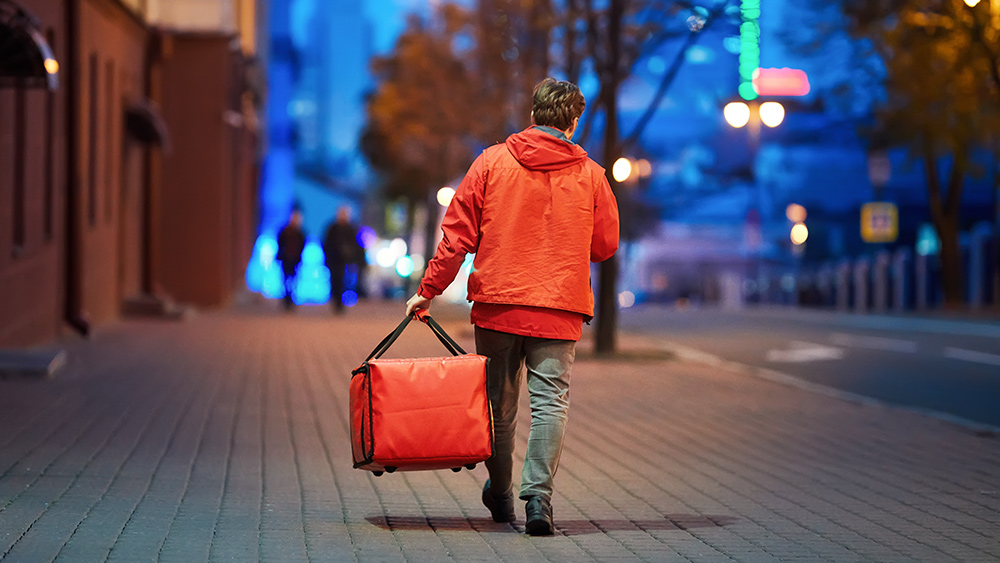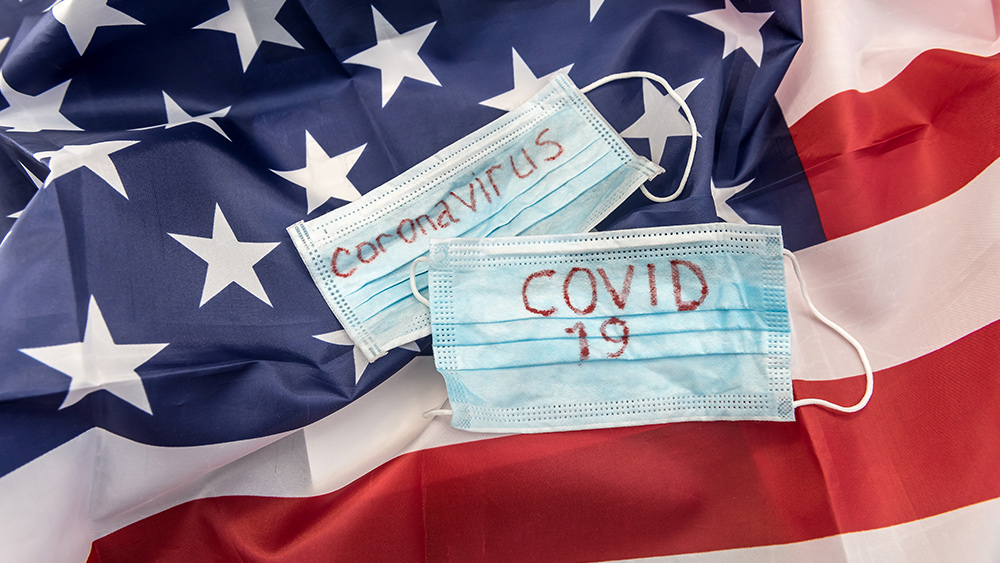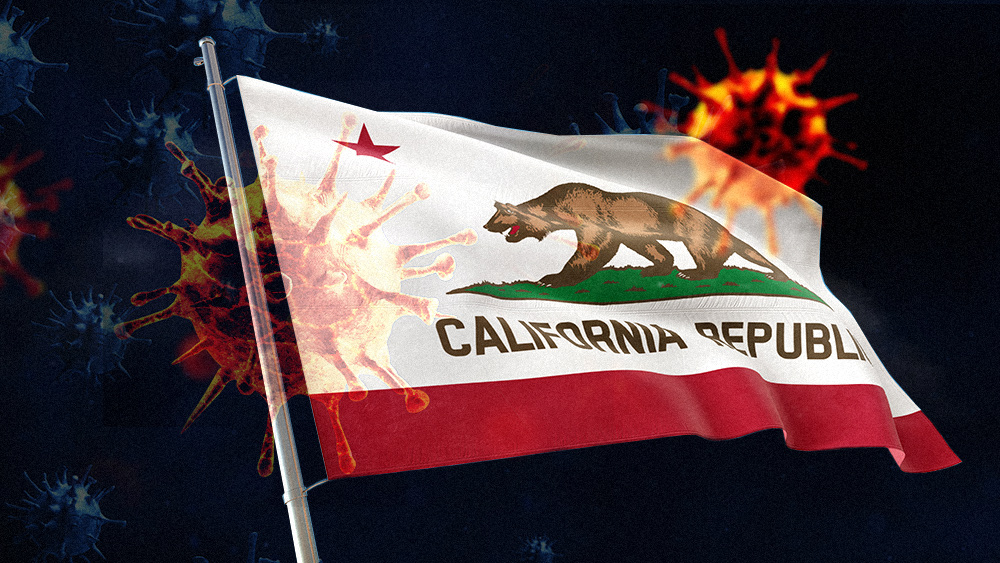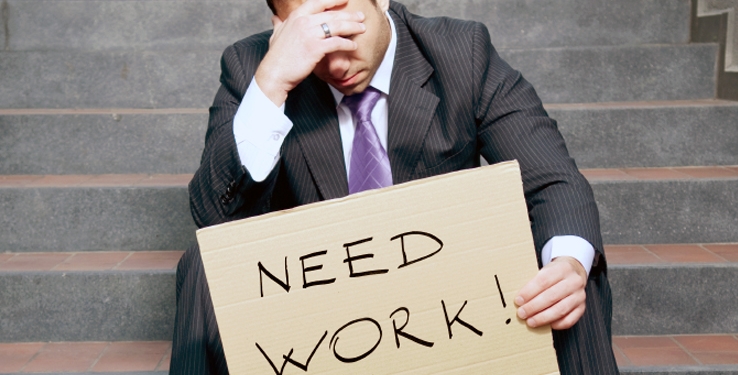Coronavirus pandemic leads to cratering of Airbnb bookings, setting U.S. up for another housing bust like the “Great Recession”
05/03/2020 / By JD Heyes
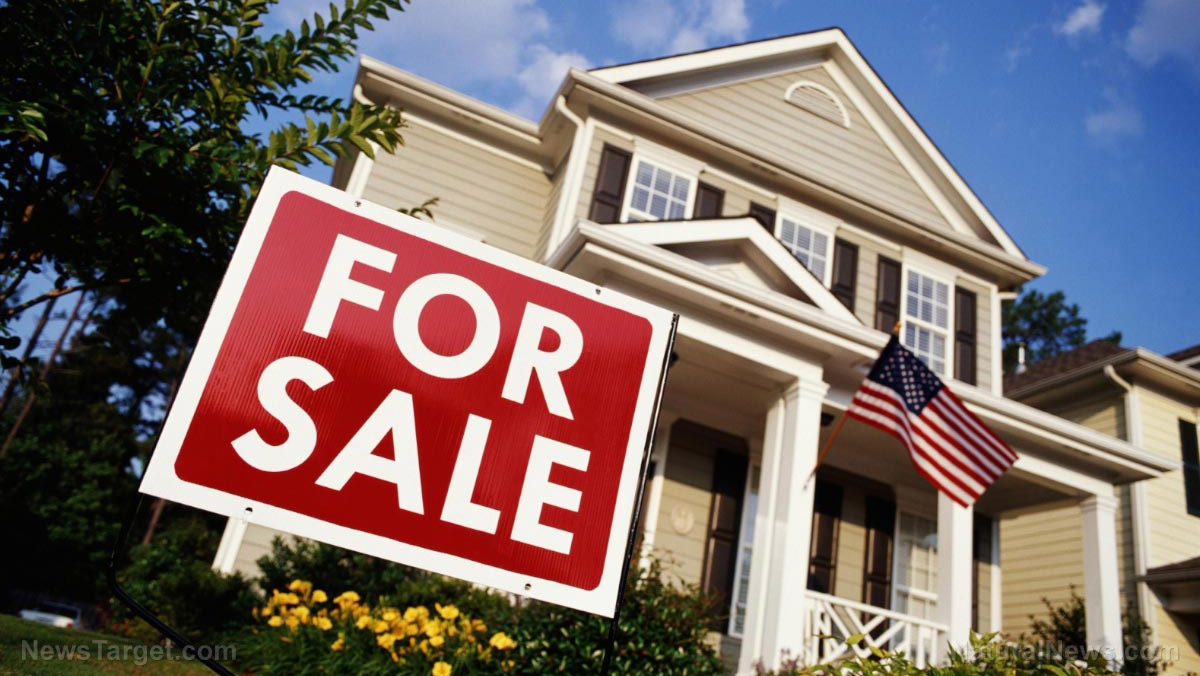
The development of the Airbnb concept was touted as the next wave in the hospitality industry, driven by a Silicon Valley-powered network and good old-fashioned principles of capitalism.
Would-be entrepreneurs borrowed money to buy new properties they could ‘rent out’ as the virtual bed-and-breakfast idea took flight.
“At first it works. Your properties fill up, your reviews are great, and your projected cash flow is twice what you would receive for a long-term rental,” notes John Rubino at Dollar Collapse. “You — along with thousands of others — are thinking ‘real estate empire.’”
But then, along comes the Wuhan coronavirus and things change — nearly overnight.
Like fewer Americans want to get in someone else’s vehicle, a la Uber, even fewer want to sleep in a bed that has been occupied by others.
And so, Airbnb bookings have cratered, and the company itself is now reporting hundreds of millions in losses — enough to tank the enterprise altogether, if things continue on the current course.
The Wall Street Journal reported:
Airbnb Inc. is considering raising capital from new investors, as the home-sharing giant wrestles with escalating losses due to the devastating impact of the coronavirus pandemic on its global business, according to people close to the company.
The pandemic has also thrown into disarray Airbnb’s plans to go public this year, and the company’s board of investors are divided over the best path forward, according to people familiar with the matter.
But there’s a secondary problem, as Rubino notes: What happens to all the mortgaged property bought by those would-be real estate tycoons? Without rentals, they’re just property soaking up monthly income that, perhaps, the owners can’t afford to pay indefinitely without them bringing in revenue.
The problem is, how long will the pandemic last?
“Now what do you do? You already have a house of your own so you can’t move into one of your rentals,” he writes. “You borrowed to buy your properties so you have big monthly payments. And even with the government’s mortgage forbearance program, you’ve got maintenance and taxes to cover, and little income with which to do it.”
The easy answer really isn’t so easy: Selling. But who’ll buy? Rubino notes that in March, pending home sales sank nearly 21 percent and worse, according to real estate tracking site Zillow, big price reductions on existing homes are becoming the norm. So property bought at the peak of the Airbnb ride may now be worth 10-20 percent less than when the purchase was made.
That means not only are people stuck with mortgages, they’re underwater on their loan. Not a good place to be.
Is there any good news here? Maybe.
As ‘far back’ as February, there were a number of housing markets reporting shortages of homes. When that happens, bidding occurs and prices always go up. Good for the seller, and really, not too bad for the buyer since the latter has managed to secure a property in a tight market, which isn’t easy to do.
The problem is, how long will the pandemic last or, at a minimum, the economic damage it has wrought? That really depends on how quickly states can open up their economies, and that depends on the prevalence of COVID-19.
Some governors are already opening up, much to the angst of experts who say it’s just way too soon to do that. The problem with opening too soon, of course, is that it risks a relapse — a re-emergence of the disease. And that will delay future openings of the economy even more.
What’s more, people who have lost jobs are also now at risk of losing their homes. So while ‘Airbnb foreclosures’ seem increasingly likely, so, too, do foreclosures of primary residences.
Are we set to experience another “Great Recession?”
Sources include:
Tagged Under: airbnb, bed and breakfast, bookings, borrowed money, Collapse, covid-19, foreclosure, Great Depression, hospitality industry, hotels, housing bubble, Housing Market, lenders, mortgages, motels, outbreak, rentals, risk, Wuhan coronavirus
RECENT NEWS & ARTICLES
COPYRIGHT © 2017 RISK NEWS

